BMW partners with Delphi to develop driverless vehicle
British automotive technology company joins plan to build autonomous platform 'by 2021'
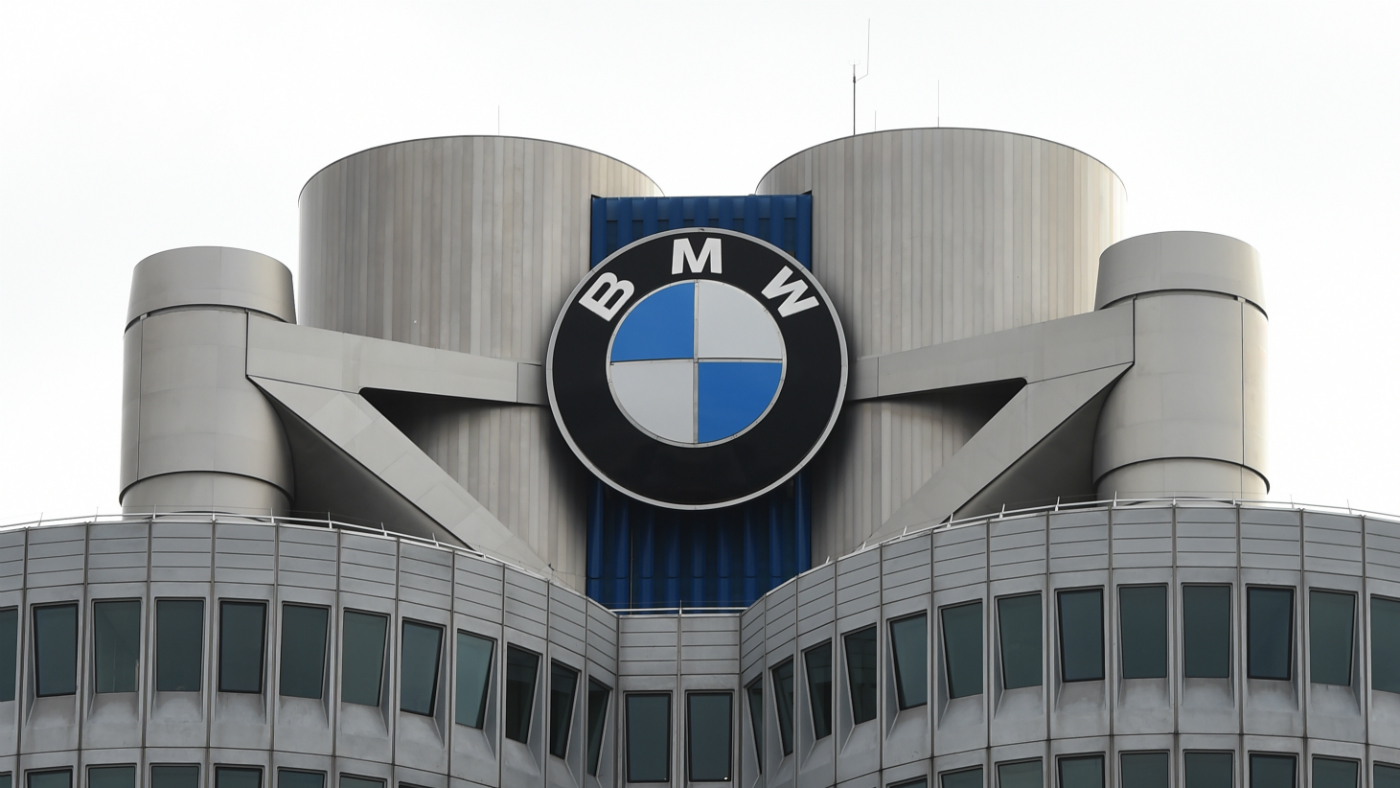
A free daily email with the biggest news stories of the day – and the best features from TheWeek.com
You are now subscribed
Your newsletter sign-up was successful
BMW and its driverless vehicle partners Intel and Mobileye have teamed up with Delphi Automotive to help develop a self-driving platform.
In a statement, BMW said the British automotive technology company would be a "system integrator" for the group's "state-of-the-art autonomous driving platform".
The partnership aimed to "develop solutions" for the automotive market and "potentially other industries", it added.
The Week
Escape your echo chamber. Get the facts behind the news, plus analysis from multiple perspectives.

Sign up for The Week's Free Newsletters
From our morning news briefing to a weekly Good News Newsletter, get the best of The Week delivered directly to your inbox.
From our morning news briefing to a weekly Good News Newsletter, get the best of The Week delivered directly to your inbox.
Delphi is expected to "work directly with Intel and Mobileye on sensor fusion and highly automated driving software", TechCrunch reports. It has already provided a prototype of the system.
Chief executive Kevin Clark, said: "This is a great opportunity for Delphi to use its technical depth and experience with automated driving and electrical architecture to help the cooperation develop and deploy at scale."
However, the collaboration is "not exclusive", says BMW, leaving Delphi free to continue developing systems for other manufacturers and suppliers.
Delphi and Intel have already previously partnered on developing autonomous vehicle technology, says TechCrunch, resulting in a self-driving Audi SQ5 SUV which appeared at this year's Consumer Electronics Show, offering autonomous rides around Las Vegas.
A free daily email with the biggest news stories of the day – and the best features from TheWeek.com
BMW says it and its three technology partners aim to to release its first autonomous vehicle "by 2021".
-
 Why is the Trump administration talking about ‘Western civilization’?
Why is the Trump administration talking about ‘Western civilization’?Talking Points Rubio says Europe, US bonded by religion and ancestry
-
 Quentin Deranque: a student’s death energizes the French far right
Quentin Deranque: a student’s death energizes the French far rightIN THE SPOTLIGHT Reactions to the violent killing of an ultraconservative activist offer a glimpse at the culture wars roiling France ahead of next year’s elections
-
 Secured vs. unsecured loans: how do they differ and which is better?
Secured vs. unsecured loans: how do they differ and which is better?the explainer They are distinguished by the level of risk and the inclusion of collateral
-
 BMW iX3: a ‘revolution’ for the German car brand
BMW iX3: a ‘revolution’ for the German car brandThe Week Recommends The electric SUV promises a ‘great balance between ride comfort and driving fun’
-
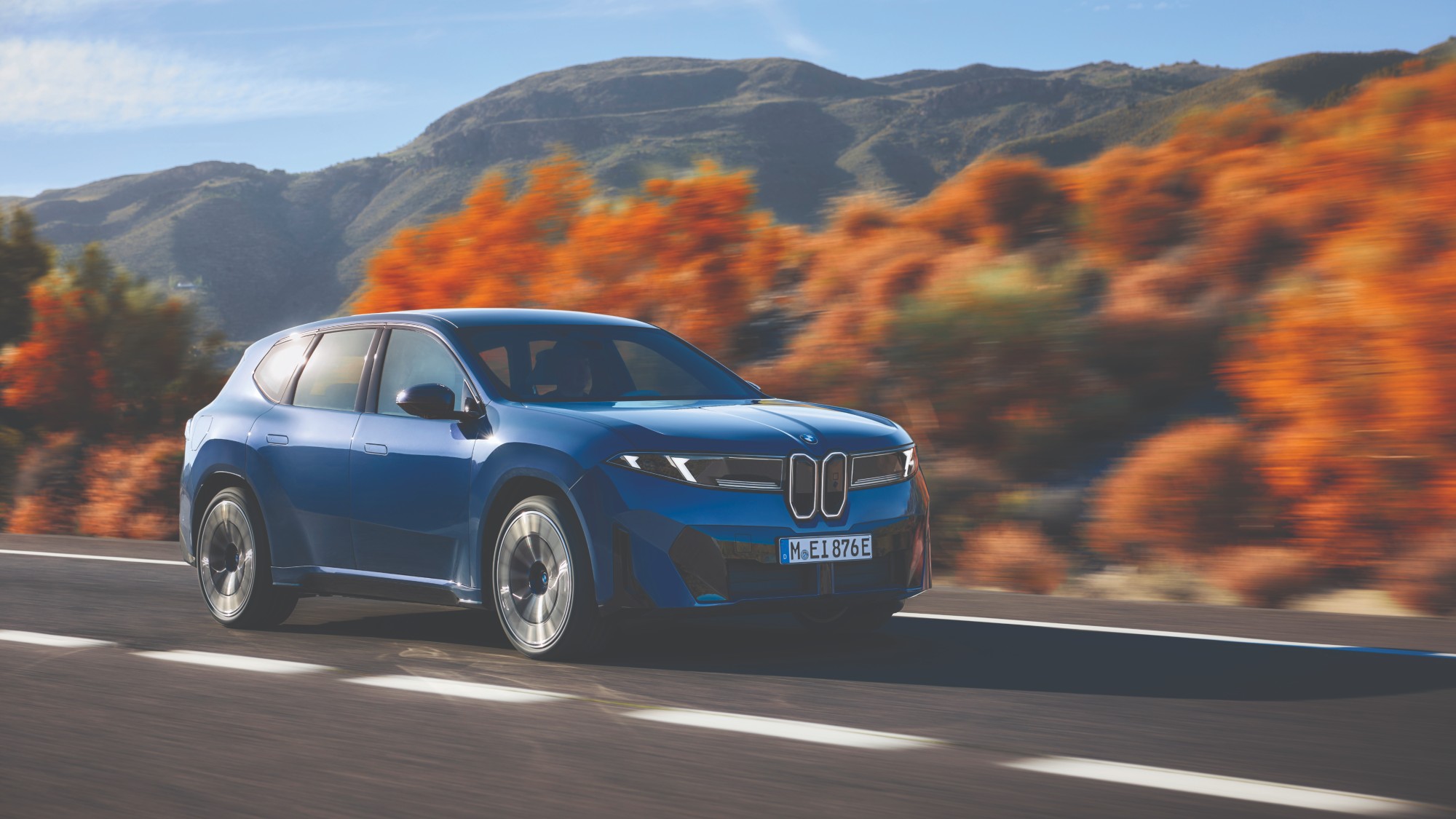 The best new cars for 2026
The best new cars for 2026The Week Recommends From SUVs to swish electrics, see what this year has to offer on the roads
-
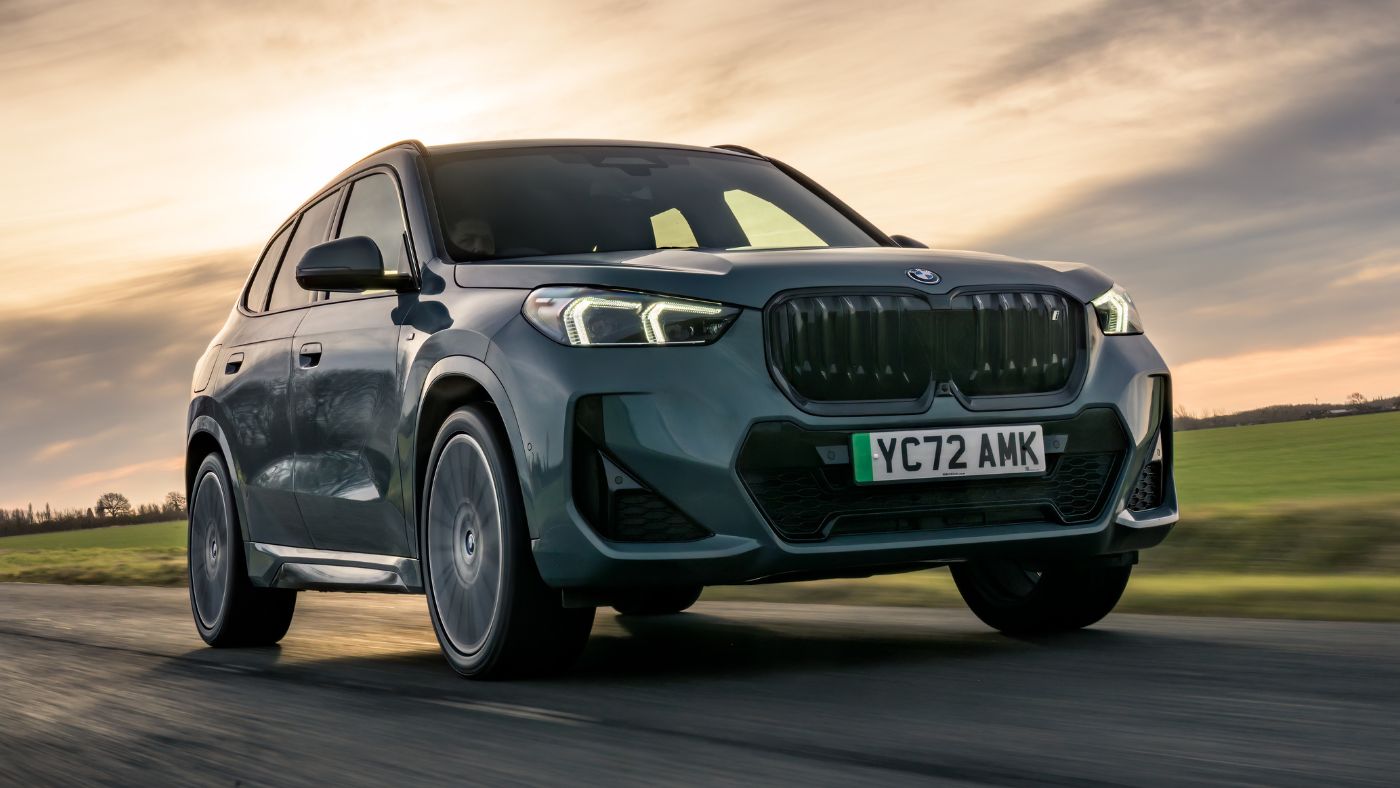 BMW iX1 review: what the car critics say
BMW iX1 review: what the car critics sayThe Week Recommends BMW’s smallest electric crossover has ‘precise’ steering and a ‘smart interior’
-
 BMW M3 Touring review: what the car critics say
BMW M3 Touring review: what the car critics sayfeature A sensational all-rounder, the car is ‘eye-wateringly, cheek-puffingly good to drive fast’
-
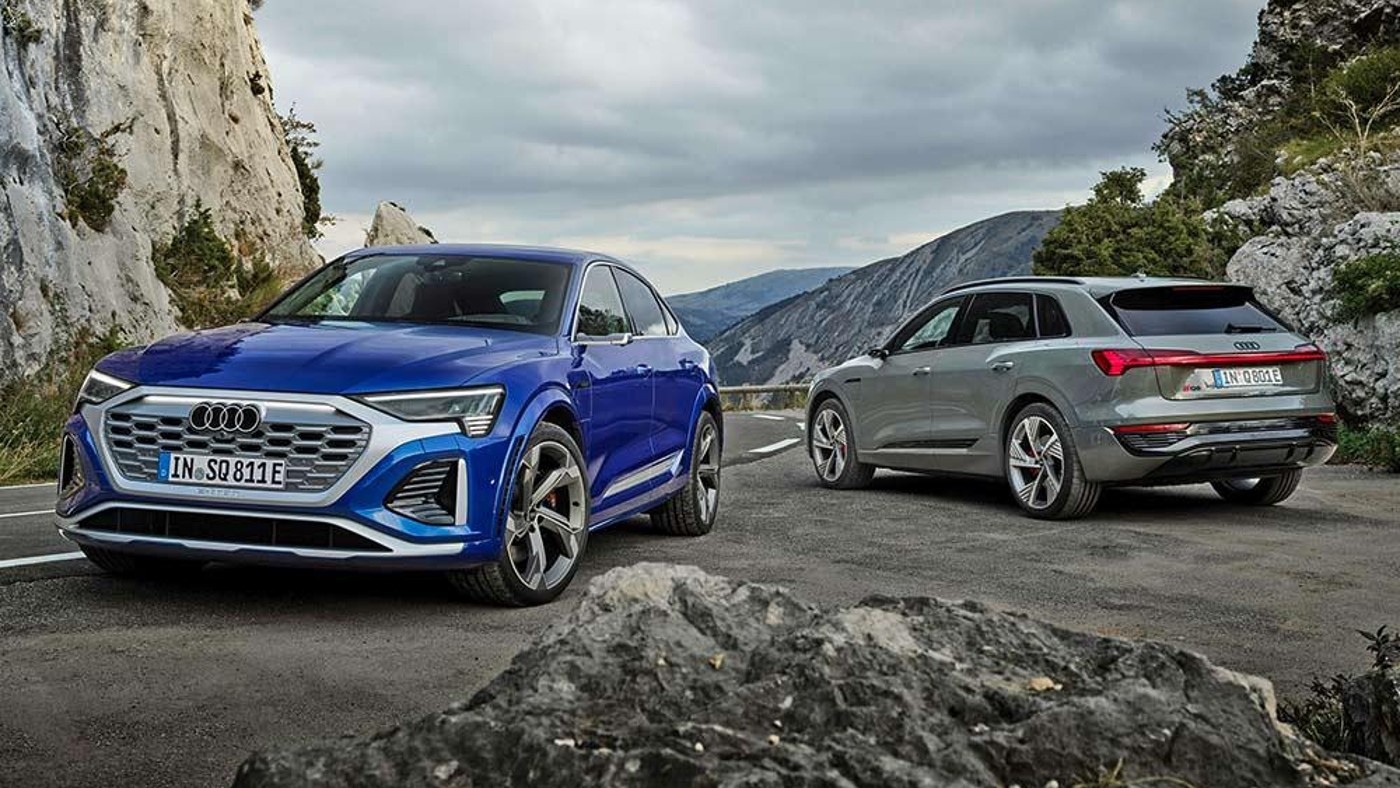 Audi Q8 e-tron review: what the car critics say
Audi Q8 e-tron review: what the car critics sayfeature Audi’s new electric SUV is a ‘pleasant’ but ‘unremarkable’ drive
-
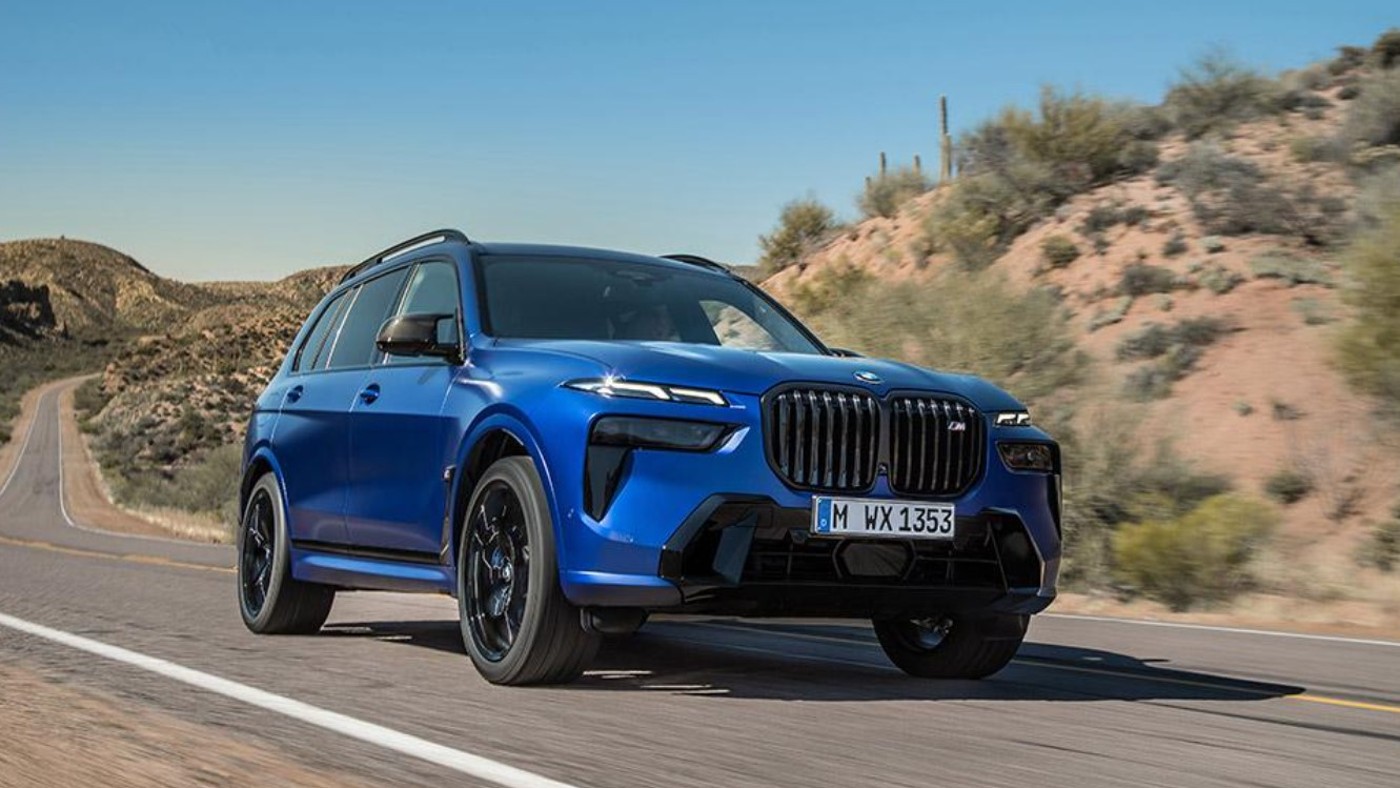 BMW X7: what the car critics say
BMW X7: what the car critics sayfeature The X7, which starts from £77,030, is more engaging to drive than most huge SUVs
-
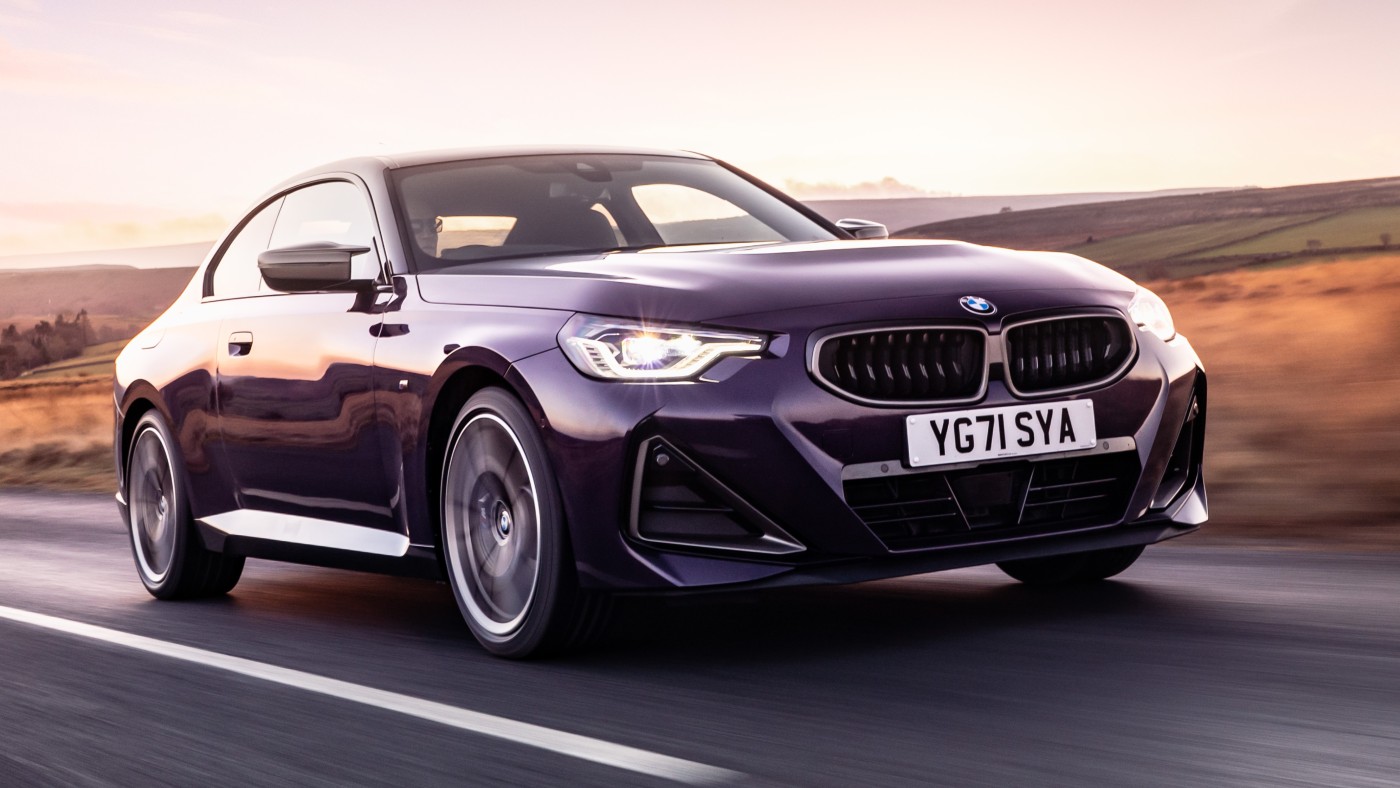 BMW 2 Series Coupé 2022 review: what the car critics say
BMW 2 Series Coupé 2022 review: what the car critics sayfeature While most carmakers are moving away from coupés, BMW is keeping the faith
-
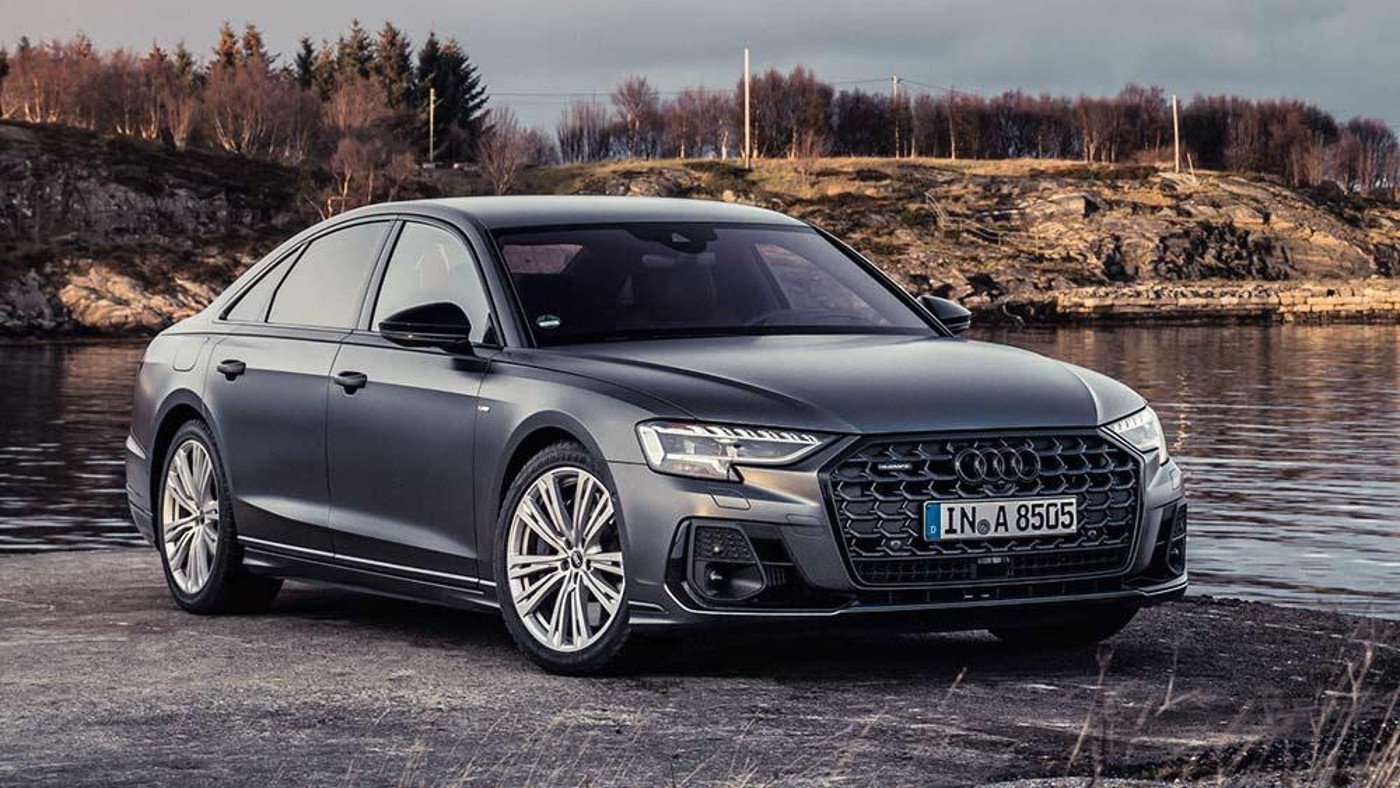 Audi A8 60 TFSI e review: what the car critics say
Audi A8 60 TFSI e review: what the car critics sayfeature This hybrid Audi A8 balances refinement, strong performance and impressive efficiency